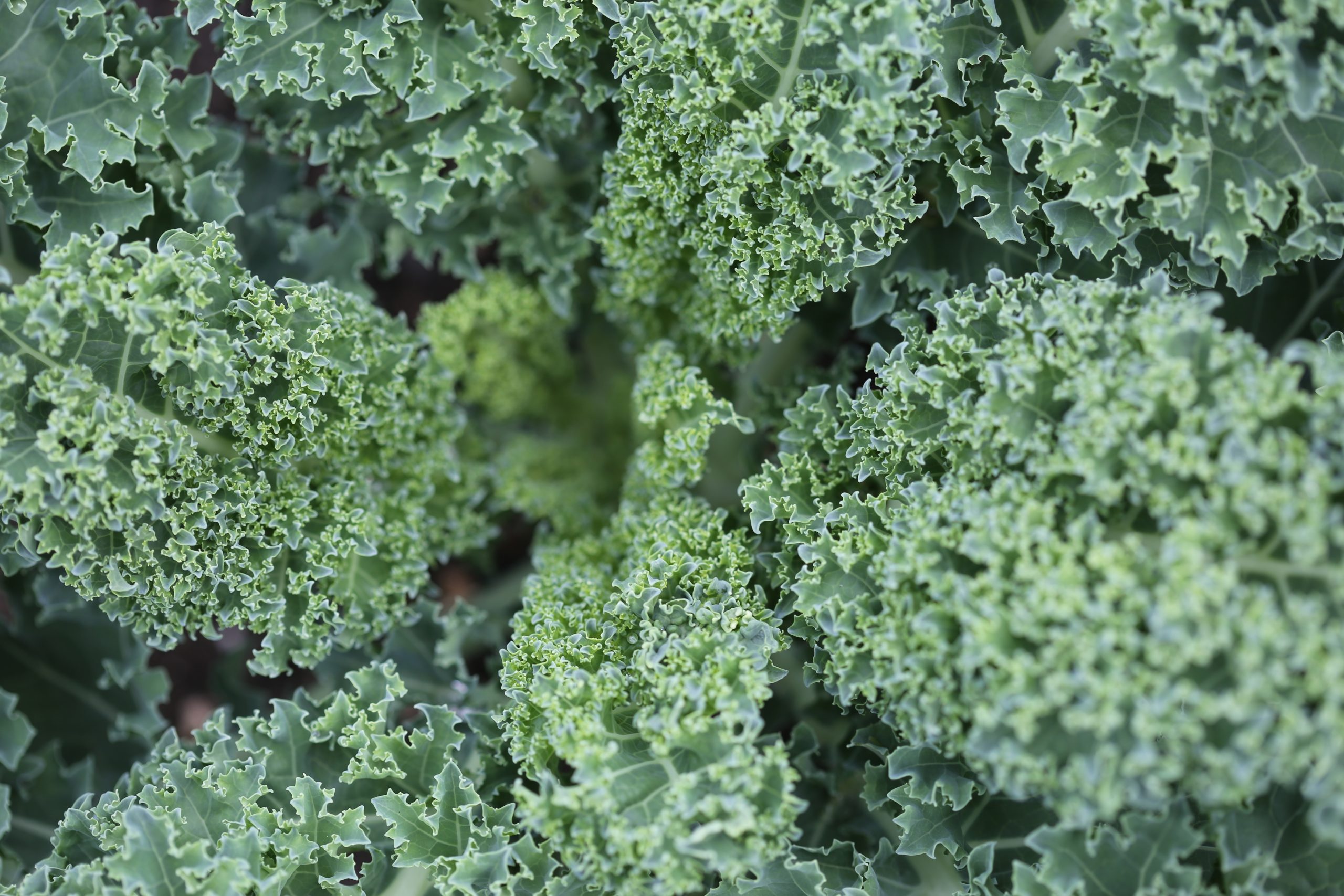Kale is a unique and special vegetable that has become unbelievably popular in the last 5-10 years. Unfortunately, this has led to negative response from some consumers, thinking that this is a “fad” food. I can tell you now that this is not true – kale is one of the most nutrient dense foods that you can consume with countless benefits that I will attempt to show here. But first, what is kale exactly?
Kale is related to the cruciferous vegetable family which consists of cabbage, broccoli, Brussel sprouts, cauliflower and collard greens. There are a variety of types of kale, all of which are edible! The most common type is curly green kale.
5 facts that will get you excited about kale:
1. The all in one multi vitamin! Kale is packed with a variety of nutrients that the body needs on a daily basis.
A single cup of raw kale contains (Gunnars, K; 2017):
• Vitamin A: 206% of the RDA (from beta-carotene).
• Vitamin K: 684% of the RDA.
• Vitamin C: 134% of the RDA.
• Vitamin B6: 9% of the RDA.
• Manganese: 26% of the RDA.
• Calcium: 9% of the RDA.
• Copper: 10% of the RDA.
• Potassium: 9% of the RDA.
• Magnesium: 6% of the RDA.

2. Antioxidants! Kale is filled with powerful antioxidants such as carotenoids and flavonoids which fight against oxidative stress leading to diseases such as cancer.
3. Eye health! Kale is one of the highest lutein containing vegetables. According to the World Healthiest Foods “lutein is perhaps best known for its supportive role in eye health, and in particular, for its ability to protect different parts of the eye from potential damage by light or oxygen”.
4. Anti-Inflammatory! These are many ailments and diseases that cause inflammation. Everything from digestive issues, to allergies to auto-immune disorders involve some sort of inflammation to the body causing further harm. It is important to incorporate foods that have anti-inflammatory effects to counteract and heal the body. Omega 3 fatty acids help to combat inflammation and kale contains 10% of the RDA.
5. Cardiovascular health! The final fact that I want to share is the effects kale has on cardiovascular health – specifically unhealthy cholesterol levels. Eating kale frequently in the diet will help to lower any unnatural cholesterol levels. Bile acids help to digest fat and then get reabsorbed in the blood stream to be used again. Kale contains bile acid sequestrants which bind bile acids in the digestive system and prevent them from being reabsorbed (Gunnars, K; 2017). This reduces the total amount of cholesterol in the body.
So now that you know the truth about kale it is important to also know that you will only receive these effects if consumed often. I recommend one cup of kale once per day. Hiding it in a smoothie or having a gourmet salad is my favourite way to get this superfood leafy green into my diet each and every day.
Written by: Kelly Carter
Sources Used:
https://www.mindbodygreen.com/0-4408/Top-10-Health-Benefits-of-Eating-Kale.html
https://authoritynutrition.com/10-proven-benefits-of-kale/
http://www.whfoods.com/genpage.php?tname=foodspice&dbid=38

